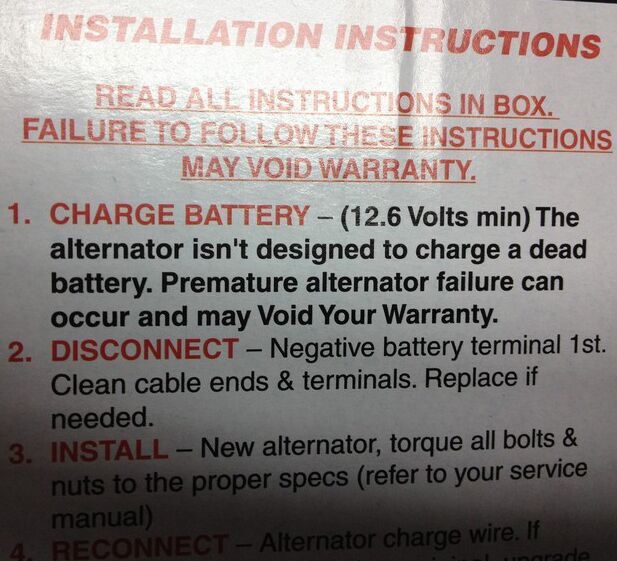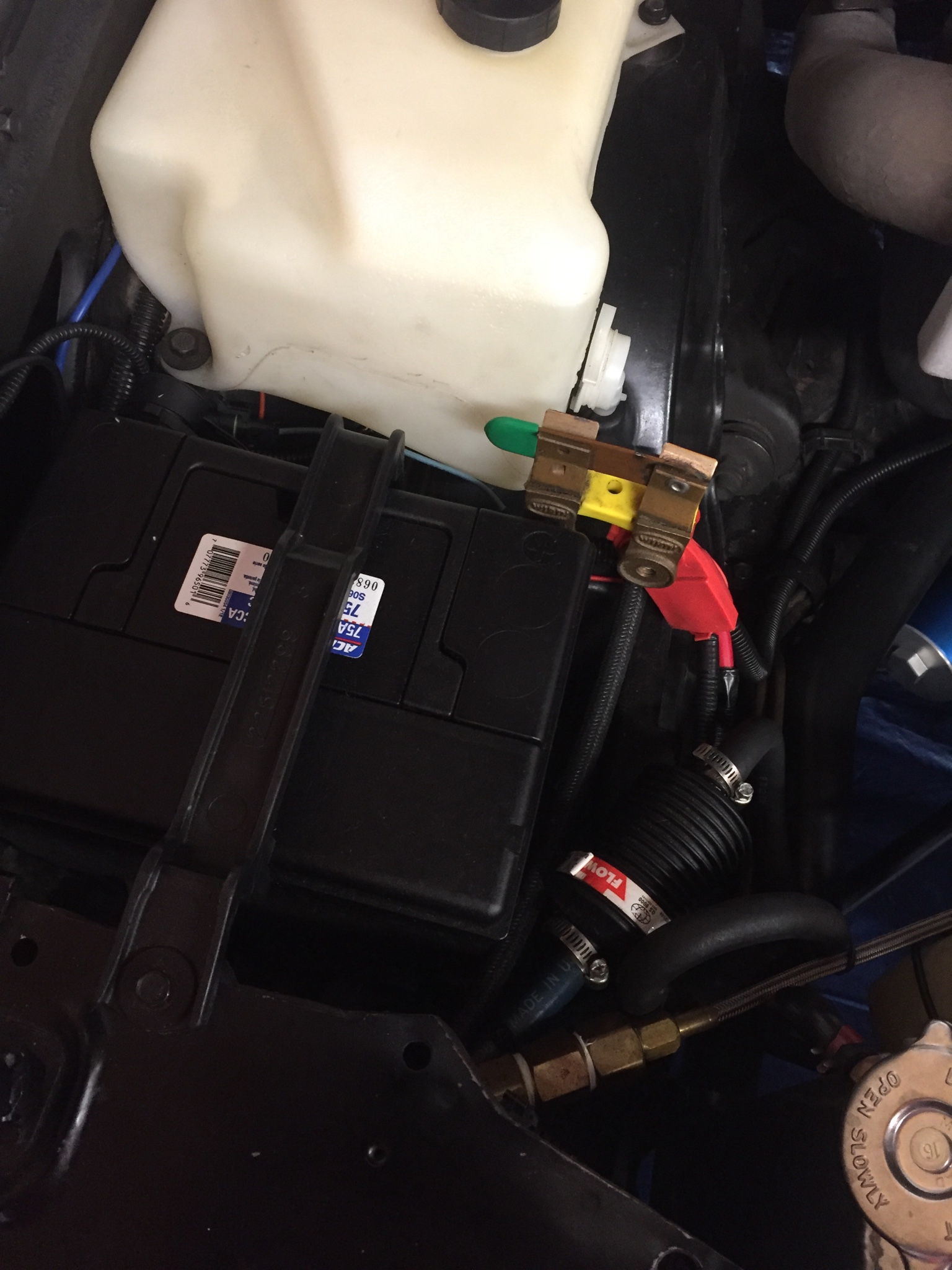- Joined
- May 26, 2001
- Messages
- 9,208
I never considered that charging a battery could kill the alternator?
For the past few months I had issues with one of my street cars that had intermittent starting issues, and the new battery needed occasional charging, and many times the voltage was too low to fire the ignition?
The engine is fresh as is the alt and battery.
It had not been started in a couple weeks, so I tried starting it yesterday but needed to again charge the battery as cranking voltage was bellow 11v.
After a few hours charging, it fired up but the alt voltage was below 12V and for a second or 2, it would drop to 7V?
So I installed a fresh reman alt, and voltage was 14V at the alt and battery.
The alt tested bad and failed all the analyzer tests as the diodes and rectifier and regulator were all bad.
Did some research today and many experts and literature stated do not let the alt charge a dead battery as it does put a very heavy load on the delicate internal electronic components, always dis-connect the battery when charging.
Another piece of this puzzle came from a local reman electronic shop is there is a position of the armature when not rotating that a charging current can and damage the delicate electronics in that era our alternator design.
Later alternators versions were safeguarded from this weird issue.
I am not an electronic expert, but it did not make sense that an alt with 5 mile use from out the box would die so quickly?
My conclusion is no matter if the moon, stars and armature are all in the right position will kill a good alt, I will disconnect a battery before I charge it!
For the past few months I had issues with one of my street cars that had intermittent starting issues, and the new battery needed occasional charging, and many times the voltage was too low to fire the ignition?
The engine is fresh as is the alt and battery.
It had not been started in a couple weeks, so I tried starting it yesterday but needed to again charge the battery as cranking voltage was bellow 11v.
After a few hours charging, it fired up but the alt voltage was below 12V and for a second or 2, it would drop to 7V?
So I installed a fresh reman alt, and voltage was 14V at the alt and battery.
The alt tested bad and failed all the analyzer tests as the diodes and rectifier and regulator were all bad.
Did some research today and many experts and literature stated do not let the alt charge a dead battery as it does put a very heavy load on the delicate internal electronic components, always dis-connect the battery when charging.
Another piece of this puzzle came from a local reman electronic shop is there is a position of the armature when not rotating that a charging current can and damage the delicate electronics in that era our alternator design.
Later alternators versions were safeguarded from this weird issue.
I am not an electronic expert, but it did not make sense that an alt with 5 mile use from out the box would die so quickly?
My conclusion is no matter if the moon, stars and armature are all in the right position will kill a good alt, I will disconnect a battery before I charge it!

